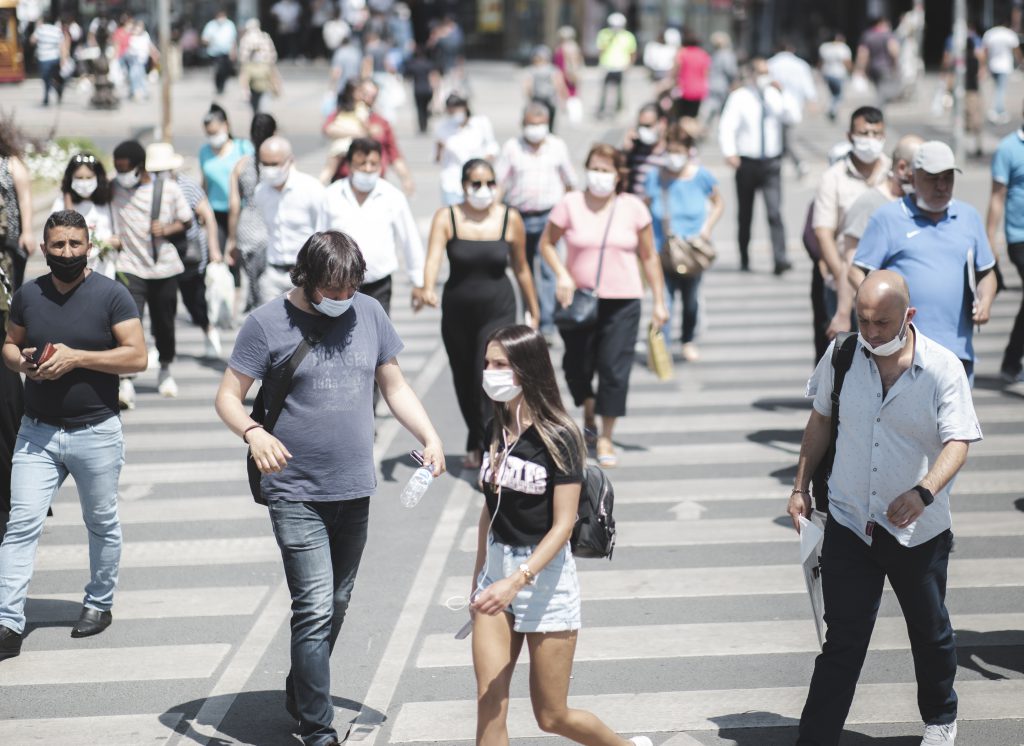Social protection policy responses to COVID-19

During the pandemic, the social protection and inclusion systems in place in EU Member States, have succeeded in limiting the employment and social consequences of the pandemic.
The recent Synthesis Report of the European Social Policy Network analyses the measures put in place by 35 countries in Europe between the beginning of February 2020 and mid-April 2021 to help address the social and financial distress created by the COVID-19 pandemic and by lockdown policies, and to assess the adequacy of the national responses.
In addition to measures taken by individual countries, extraordinary EU-level stimulus measures and coordination efforts have provided support for Member States. The EU had adopted a package of financial and coordination measures to minimise the impact of the pandemic, including heavy investment for the development of vaccines.
The report says that the Maltese government took steps early to ensure that the economy would not stop functioning, especially to safeguard businesses and protect jobs. Negative aspects have also surfaced, particularly for workers being engaged on a self-employed basis at very low rates which verge on precarious work.
Social protection and inclusion policy responses to the COVID-19 crisis
